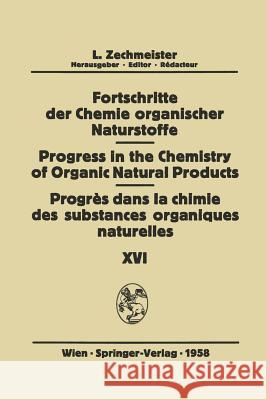Fortschritte Der Chemie Organischer Naturstoffe / Progress in the Chemistry of Organic Natural Products / Progrès Dans La Chimie Des Substances Organi » książka
topmenu
Fortschritte Der Chemie Organischer Naturstoffe / Progress in the Chemistry of Organic Natural Products / Progrès Dans La Chimie Des Substances Organi
ISBN-13: 9783709180495 / Angielski / Miękka / 2012 / 234 str.
Fortschritte Der Chemie Organischer Naturstoffe / Progress in the Chemistry of Organic Natural Products / Progrès Dans La Chimie Des Substances Organi
ISBN-13: 9783709180495 / Angielski / Miękka / 2012 / 234 str.
cena 201,72
(netto: 192,11 VAT: 5%)
Najniższa cena z 30 dni: 192,74
(netto: 192,11 VAT: 5%)
Najniższa cena z 30 dni: 192,74
Termin realizacji zamówienia:
ok. 22 dni roboczych
Bez gwarancji dostawy przed świętami
ok. 22 dni roboczych
Bez gwarancji dostawy przed świętami
Darmowa dostawa!
Kategorie:
Kategorie BISAC:
Wydawca:
Springer
Seria wydawnicza:
Język:
Angielski
ISBN-13:
9783709180495
Rok wydania:
2012
Wydanie:
Softcover Repri
Numer serii:
000401901
Ilość stron:
234
Waga:
0.37 kg
Wymiary:
23.5 x 15.5
Oprawa:
Miękka
Wolumenów:
01
Dodatkowe informacje:
Wydanie dwujęzyczne











